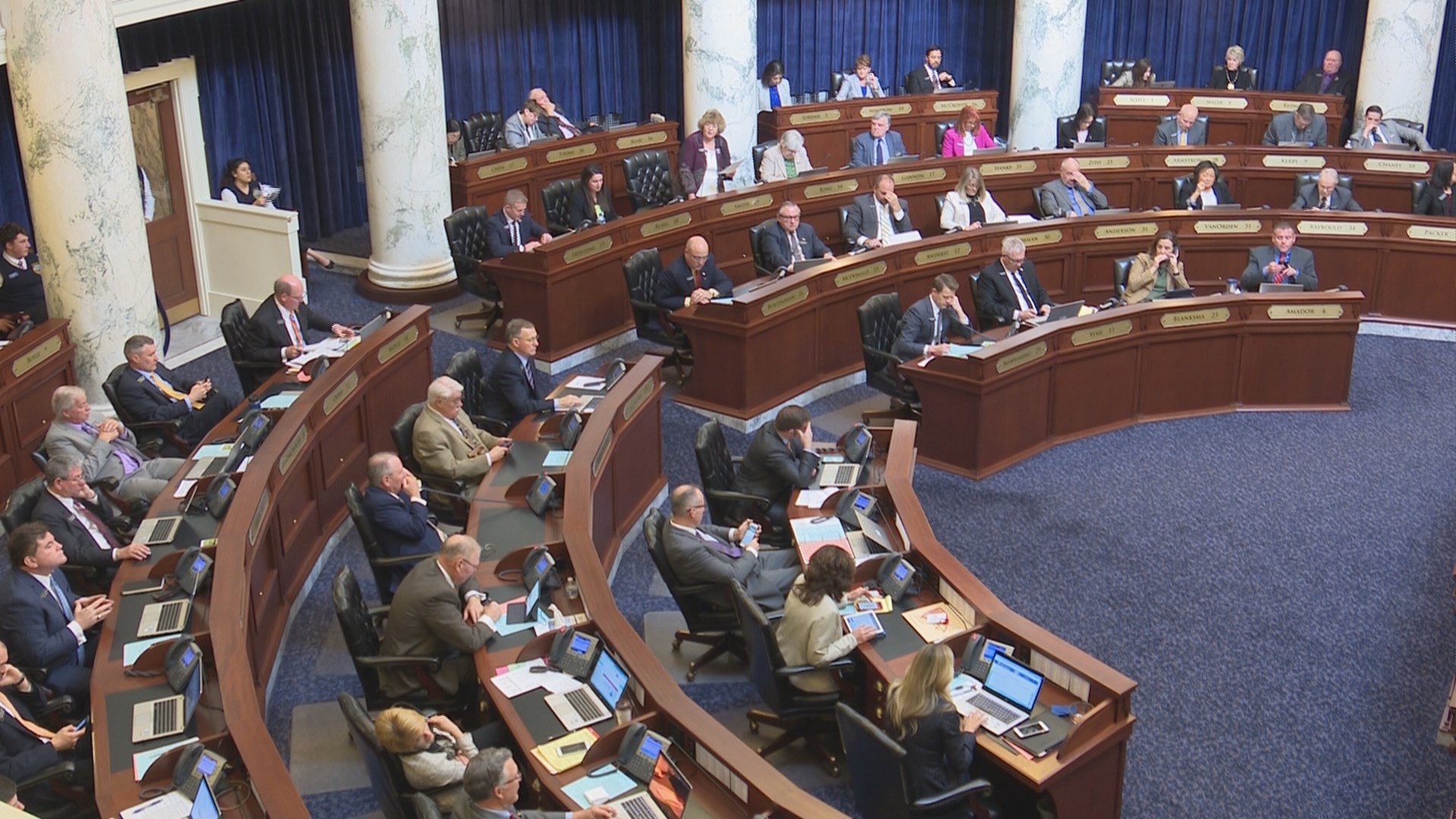BOISE, Idaho — Despite legal challenges at the state and federal level, the Idaho Department of Health and Welfare is moving ahead with a citizen-directed Medicaid expansion effort.
Health and Welfare spokeswoman Niki Forbing-Orr said the agency expects to submit its amended state Medicaid plan to the federal government for approval by Feb. 15.
Voters authorized the move in November, after years of inaction on the part of the Idaho Legislature, when they approved the Prop 2 Medicaid expansion initiative by a margin of 61 percent to 39 percent.
The measure directs the state to expand Medicaid eligibility rules to include anyone earning less than 133 percent of the federal poverty level. That will provide access to preventative health care services for about 62,000 low-income Idahoans.
Barring any hiccups, Forbing-Orr said, the new rules should take effect Jan. 1, 2020.
Legislative approval isn't needed to amend the state plan. However, once the 2019 session begins Jan. 7, lawmakers will need to adopt a budget authorizing the expenditure of federal Medicaid dollars. They also have to decide how to fund the state's 10 percent matching share of the expansion costs.
Given Republican concerns about entitlement programs, there's also talk about adding conditions to the rules, such as work requirements and/or personal responsibility measures.
If they go that route, Forbing-Orr said, lawmakers will have to pass a separate waiver request. Like the amended state plan, that waiver would be subject to approval by the federal Centers for Medicare and Medicaid Services.
House Speaker Scott Bedke, R-Oakley, said Medicaid expansion is certain to be a major topic of discussion during the 2019 session.
"Everyone has an idea," he said. "I don't have a good feel for how it's going to play out, but it's on the 'must address' list for everyone."
Adding to the complexity, a federal judge in Texas recently ruled that core pieces of the Affordable Care Act - which authorized Medicaid expansion - are unconstitutional. That ruling almost certainly will be appealed.
Another lawsuit in Idaho seeks to block implementation of Prop 2 by claiming it delegates too much authority to the federal government. The Idaho Supreme Court will hold oral arguments in that case on Jan. 29.
Given these unresolved legal challenges, some Republicans may try to delay any action on Prop 2.
"They've been using (the legality of the ACA) as an excuse forever, so I wouldn't be surprised if that continues," said House Minority Leader Mat Erpelding, D-Boise. "I don't expect there to be any movement until after Jan. 29. For us (Democrats), the focus will be on implementing the will of the people."


